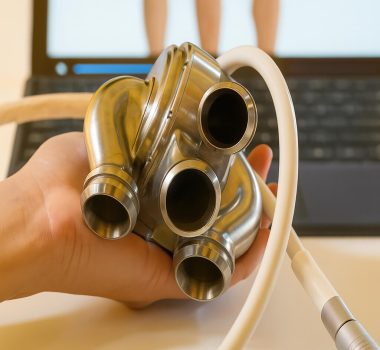
What Are Artificial Heart and Heart Transplantation?
Heart failure has become an increasingly significant health issue worldwide. Approximately 22.5 million people globally are affected by this disease, with about 2 million new diagnoses each year. Heart failure is a progressive condition that, if not managed timely, can advance to end-stage heart failure. Unfortunately, more than half of patients in this stage do not survive.
A similar situation exists in our country. Over 1 million people in Turkey live with heart failure, and an estimated 5,000 have reached end-stage heart failure. At this point, treatments play a critical role in determining patients’ survival and quality of life.

Our Clinical Experience
To date, our center has performed heart transplants on 130 patients and artificial heart implantations on 380 patients. A large majority of these patients have been successfully discharged and returned to their daily lives. They are able to live comfortably at home and engage in physical activities such as walking or cycling.
Quick Contact
About Us
Frequently Asked Questions
An artificial heart is a mechanical pump that temporarily takes over the function of a patient’s heart. It maintains blood circulation for patients awaiting heart transplantation or those with advanced heart failure, helping them to survive.
Yes. Most patients with an artificial heart device can walk, manage their household tasks, and engage in controlled physical activities after discharge. With proper care, their quality of life significantly improves.
The first few months after a heart transplant require close monitoring. However, with a successful transplant, about 90% of patients live healthily during the first year, and 80% continue to do so at the five-year mark. Long-term success is possible with lifestyle changes and medication.
Generally, yes. The artificial heart is used to sustain the patient’s life until a heart transplant can be performed. However, in some cases, it may be used as a permanent support device.
These treatments are suitable for patients with advanced heart failure who do not respond to medication or other interventions. Eligibility is determined through a detailed medical evaluation.
